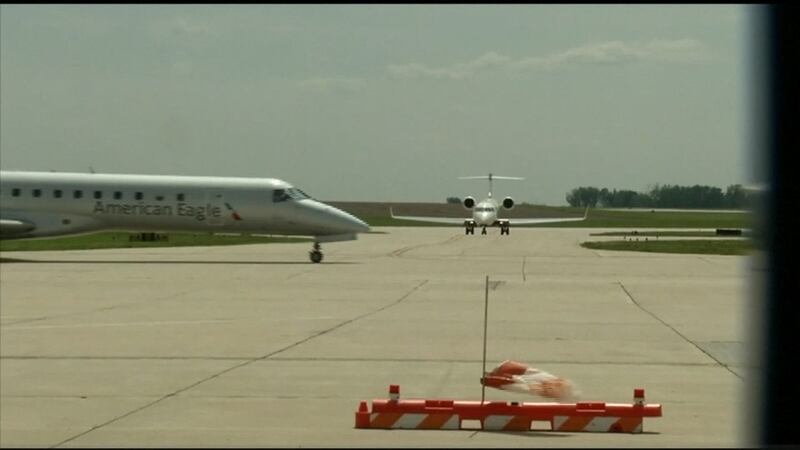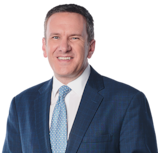ROCHESTER, Minnesota — The number of airline travelers is on the way up, more than 7 percent last year.
At the same time there's a shortage of pilots, and the industry is dealing with staffing challenges by aggressively recruiting the next generation of pilots.
Student pilot Trevor Haddick is in high demand because of the looming pilot shortage, caused in part because so many baby boomers nearing the mandatory retirement age of 65.
"I'm really hopeful for the future because there will be a lot of job opportunities for me and others just like me," said Haddick.
TRENDING NOW:
- 3 dead, including gunman, after shooting at video game competition in Jacksonville
- Jacksonville shooting: What we know about the victims
- Husband reveals baby's gender using voice of wife's late father
- VIDEO: Mother charged after 4 children found home alone in empty house
- DOWNLOAD the Channel 11 News app for breaking news alerts
A report by aircraft maker Boeing projects airlines around the world will need an estimated 760,000 new pilots over the next 20 years.
In the United States, the number is around 117,000.
"Money doesn't drive. It flies," said John Reed, executive director of the Rochester International Airport in Minnesota.
The air travel demand and a tightening labor supply is the driving force behind the shortage. When asked how high the concern should be regarding the shortage of pilots on a scale of one to 10, Reed replied, "Well, I think on a national level, it's not getting a lot of attention but I think it's a 10."
"They're losing pilots faster than they can train them, so that's probably the biggest concern, is how do they address that, how do they get pilots trained well, soon enough to meet the needs," said Jim Perry, a flight instructor at Great Planes Aviation.
Without enough pilots, planes can't fly, increasing the potential for flight cancellations or entirely stopping service to some cities.
Some airlines are trying to proactively funnel potential pilots into the pipeline.
"The pay is better, students are able to bear the expense to get their license," said Perry.
At some airlines, starting salaries are $60,000, up from $20,000. On top of that, many have sign-on bonuses.
Another hurdle potential pilots face is the cost of flight school, which can be upward of $10,000.
To counter that, along with an increase in starting pay, airlines are also helping recruits make that debt more affordable.
That means current student pilots like Haddick will land the jobs they want with the perks to match.
NBC/KTTC







